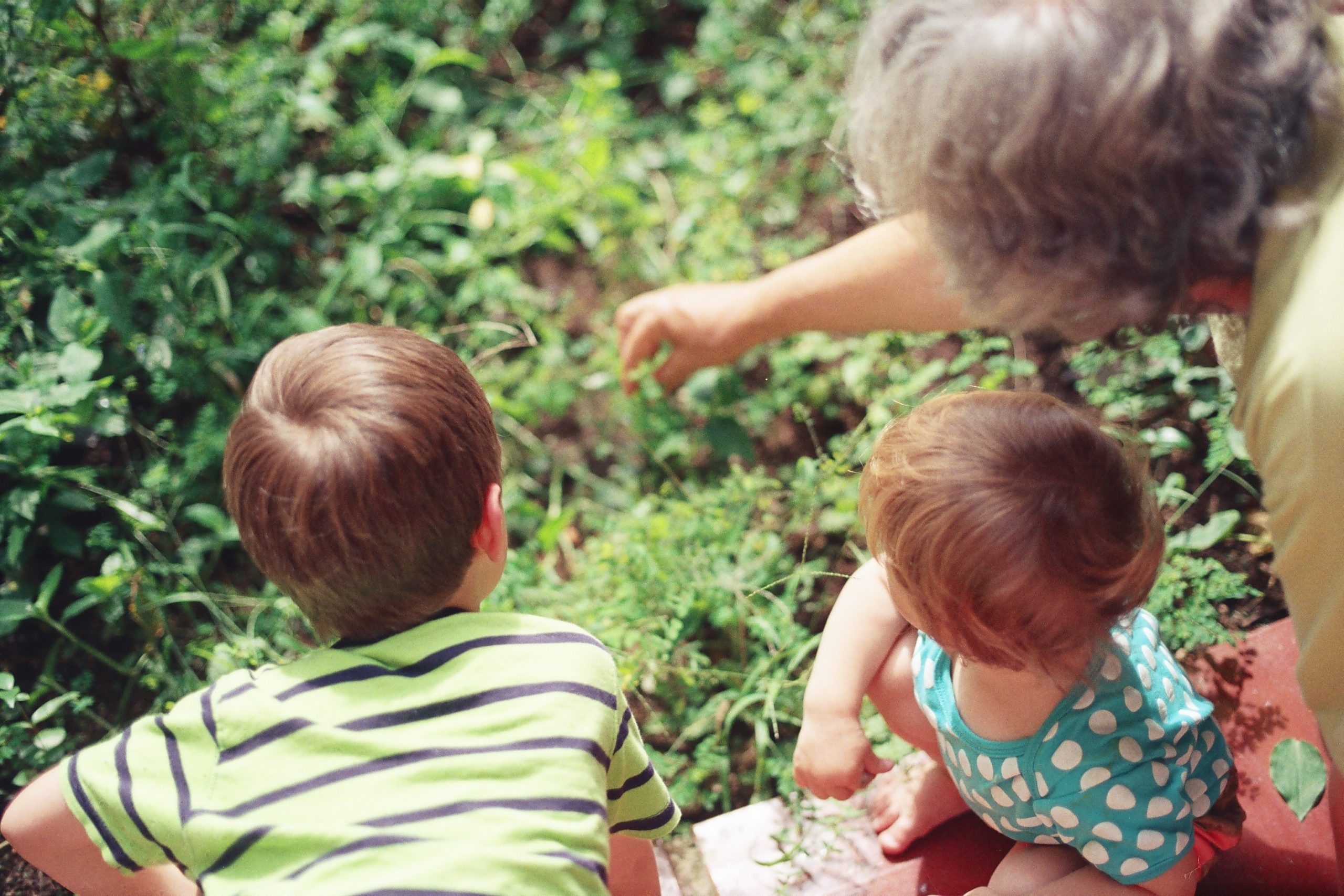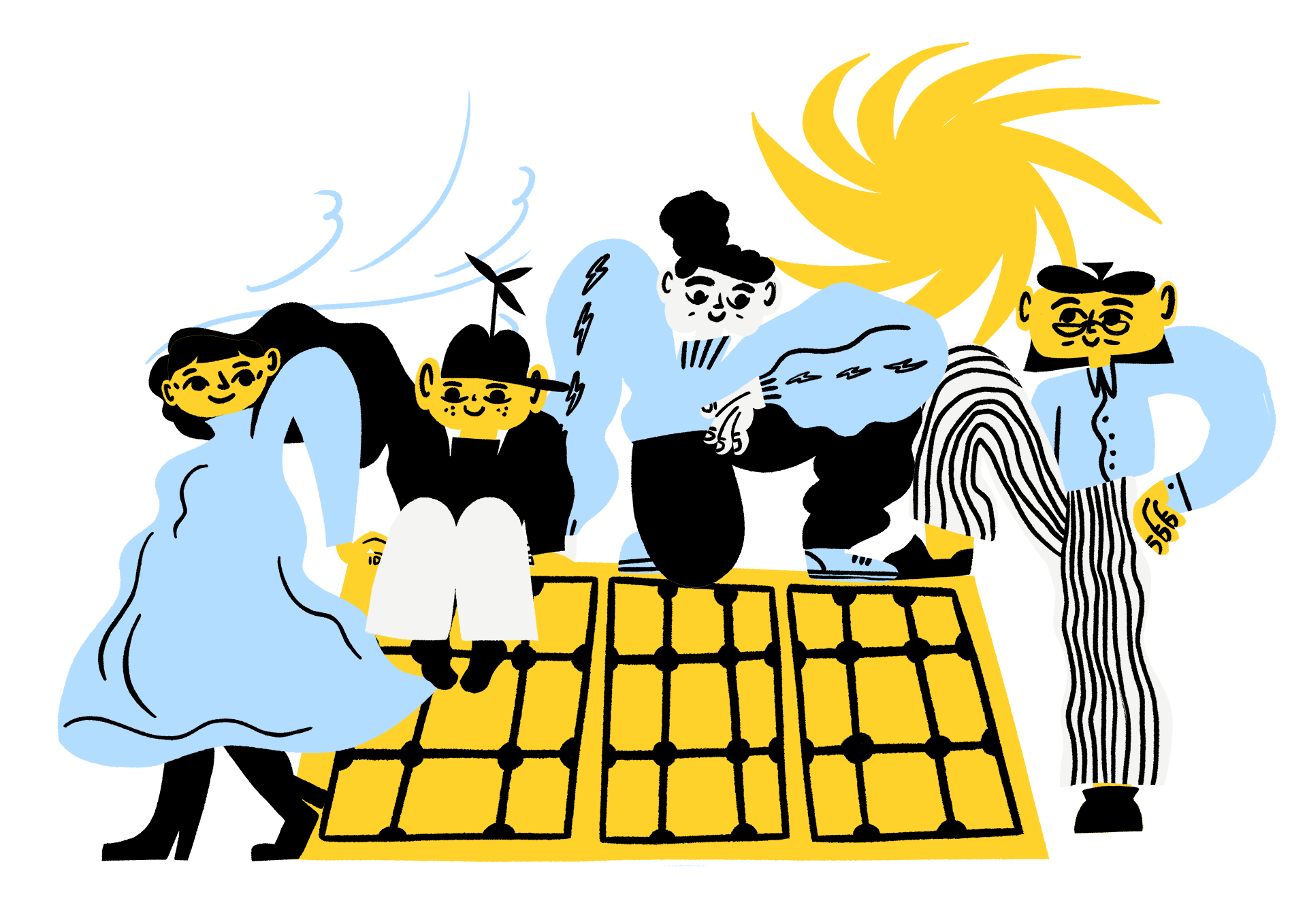Older people are rarely regarded as energy citizens. However, they are more interested in environmental friendly consumption and energy issues than previously thought, write Helinä Melkas, Salla Annala and Gonçalo Mendes from project GRETA.
A thought-provoking piece of news was published in Finland a couple of days ago, related to the loss of nature and environmentally friendly consumption. Of the adults who took part in a survey commissioned by the National Broadcasting Company Yle, the oldest (aged 65–75) and the youngest (aged 18–24) consumers were the most interested in the loss of nature and the environmental impacts of their own consumption. They estimated that they had seen signs of loss of nature in their immediate surroundings. Those in between these age groups were less interested. About 1,600 people were interviewed for the survey in May, the sample representing the population aged 18–79 in Finland.
The finding that older people were among the most interested is important. Aino Juslén, director of the Finnish Museum of Natural History comments on the results in Yle’s article as being “very rational”. Young people have the longest life ahead of them. It is more difficult to guess the reasons for the consumer awareness of older people. Does a longer life experience help in discerning the ongoing change or do they think about the heritage to be left for young people?, she ponders.
Whatever the reason, the key is to remember older people when planning, developing and discussing green energy transition-related issues.
You can be an energy citizen at any age
A survey conducted by LUT University in collaboration with a local electricity provider in February-March 2022 on energy technologies, energy use and demand response also showed the interest among older people; of the almost 1,500 responses, 57% of respondents were 60 years or older. One 75-year-old respondent even commented that the highest age option (60 or over) that had been chosen for the survey is ageism. The respondent in question emphasized that at the age of 75, you see many things differently than 15 years earlier.
It could be stated that our diversity actually increases along with age; it doesn’t decrease. Among older people, there is a spectrum of life experiences, including education, preferences, health conditions, financial situations, and family situations and all; differences may be huge. It implies the need for understanding old age and modularity and applicability in any service and technology provision. It needs to be known what serves whom, otherwise, the risk increases that completely the wrong things are done in policymaking, because of a lack of understanding concerning older people and old age.
Old age is not a stage in life that you would live through and then know what it is like. We all are energy users through the entire course of our lives and thus potential energy citizens, at any age.
Older people are often viewed stereotypically
We should know a lot more about older people as energy citizens, their needs, their challenges and opportunities, their roles, their wishes, motivations and dreams – as valuable fellow citizens in our societies. The importance of considering older people naturally grows also due to the aging EU population. The population of older people (defined here as those aged 65 years or more) in the EU-27 will increase significantly, rising from 90.5 million at the start of 2019 to reach 129.8 million by 2050, according to Eurostat.
Unfortunately, as service or technology users, older people are often viewed stereotypically or represented by assumptions or static identities without cultural and historical constructions. In this narrow portrayal of older people, old age is strongly related to illness, frailty, and lost competencies. When such images underlie innovation processes, the resulting service design or technology design may implicitly or explicitly position older users only as vulnerable or in need of care. This again reinforces the stereotypical and homogenous sociocultural imagery of older people, translated into key design decisions. When we look at technology studies, for example, diversity in users may not be incorporated at all. Or if it is, most often only age and gender differences are considered.
Another striking factor is that there is often an imbalance between perceptions of older people’s service or technology needs, on the one hand, and knowledge about their actual needs, on the other. The supposed user uses a service or a technology according to the service provider’s or the technology provider’s idea of how the user should be. However, this is distinct from the real user, who is actually using the service or the technology. The role of older people in policymaking agendas may be simply to legitimize development for fictive users rather than real ones. Instead, we should finally stop and listen to real older users.
Interestingly also, old age is typically seen as a homogeneous phase in life. Yet, it may cover tens of years and usually includes several types of sub-phases. The needs and wishes of newly retired older people who are in good health are bound to be different from those of the frail ‘oldest old’. There may be an almost 50-year difference in the ages of these citizens – a detail to keep in mind.
Energy citizens are diverse and that should be taken into account in policy-making
It is thus clear that a much more nuanced understanding of old age is crucial in any policymaking related to the green energy transition. Assuming what older people need and think should decrease and their participation in society increase. There is a need for a paradigm shift and also proactive services and technology that meet the real needs and demands of today’s actual older people.
In the green energy transition, older people may have distinct needs as energy citizens. On the one hand, they can be saving energy through consumer choices and making lifestyle decisions towards a reduced carbon footprint just like anyone else; on the other, they may be inactive in taking up alternative energy forms or energy-efficient behaviours if they are simply not in a position to do so. For example, if they do not utilize grants available for energy renovations of their older and perhaps unmodernized homes, the reason may not have anything to do with attitudes but be related to lack of help in managing the demanding and time-consuming renovation work or lack of accessible and understandable energy-related information so that they could build up their knowledge to find and solve their own energy-related needs.
Old age is also a gender issue, as women’s life expectancy is longer than men’s. According to various studies, women tend to be more interested in environmental issues when making their consumption choices. Anne Kantel of GRETA recently wrote about the need to diversify the energy transition with a gendered lens and to get rid of factors that discourage the active participation of more women in energy initiatives, noting also that women are missing their role models and do not feel represented. Women are also disproportionately often affected by energy poverty. Older women are very likely to face even more multiple challenges in this regard. Targeted and differentiated – and research-based – policies are thus needed to serve the needs of very diverse energy citizens, all of us.
Professor Helinä Melkas, Post-Doctoral Researcher Gonçalo Mendes and Post-Doctoral Researcher Salla Annala work at the LUT University. In GRETA, LUT’s multi-school team combines expertise in electricity markets, socio-technological innovation, human-computer interaction, machine learning, and data analysis. LUT is responsible for coordinating the project.

